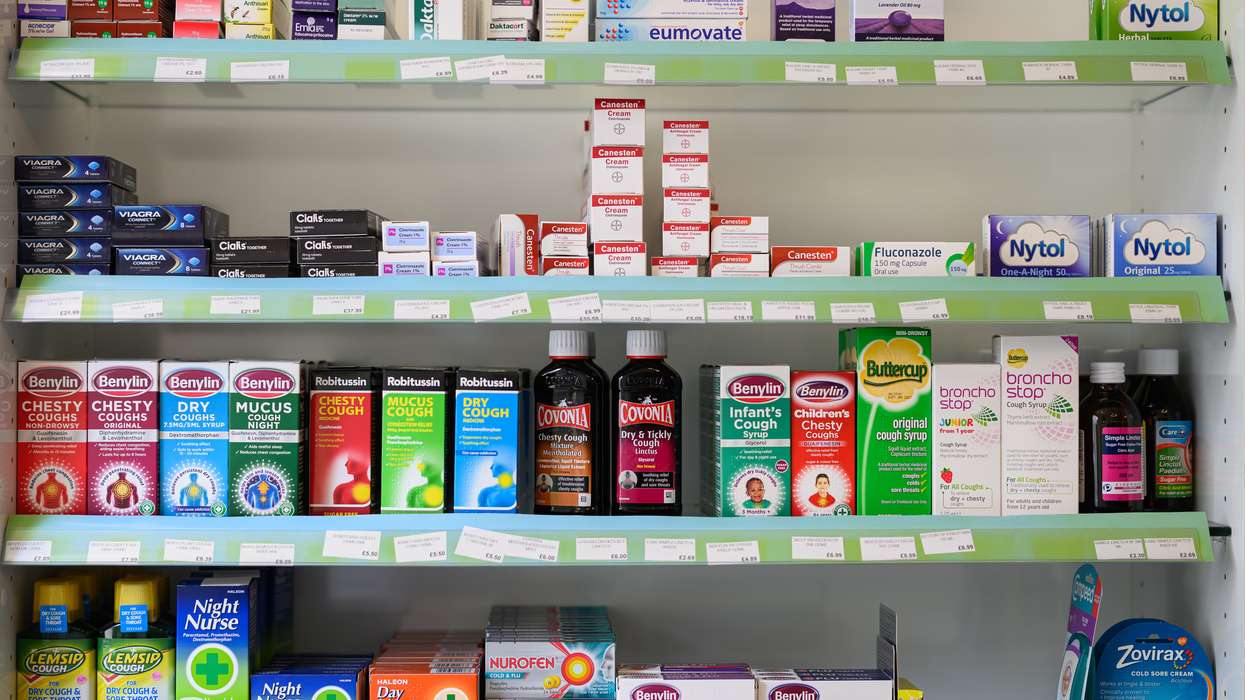There is no evidence for or against the use of anti-inflammatory drugs such as ibuprofen for patients with Covid-19, according to a study which assessed existing studies on other coronavirus strains as well as the limited literature on the current pandemic.
According to researchers, including those from King’s College London, other types of drugs, such as TNF blockers and JAK inhibitors are also safe to use.
The research, published in the open access cancer journal ecancermedicalscience, assessed 89 existing studies on other coronavirus strains such as MERS and SARS, as well as ones on the current pandemic to find out if certain medications used in people already suffering from diseases should be avoided if they were to catch Covid-19.
It said some patients, such as those with cancer, are already given immunosuppressive drugs to lower the body’s immune response or immunostimulant drugs to boost it.
If these patients then catch Covid-19, doctors need to know what medication to use, the researchers explained.
Mieke Van Hemelrijck, a cancer epidemiologist and an author of the study, said: “This pandemic has led to challenging decision-making about the treatment of Covid-19 patients who were already critically unwell.
“In parallel, doctors across multiple specialties are making clinical decisions about the appropriate continuation of treatments for patients with chronic illnesses requiring immune suppressive medication.”
While there had been some speculation that non-steroidal anti-inflammatory drugs (NSAIDs) such as ibuprofen might make the symptoms worse for some Covid-19 patients, the researchers said they did not find evidence to support this statement.
Study co-author Sophie Papa commented: “Current evidence suggests that low dose prednisolone (a steroid used to treat allergies) and tacrolimus therapy (an immunosuppressive drug given to patients who have had an organ transplant) may have beneficial impact on the course of coronavirus infections.
However, further investigation is needed.”











